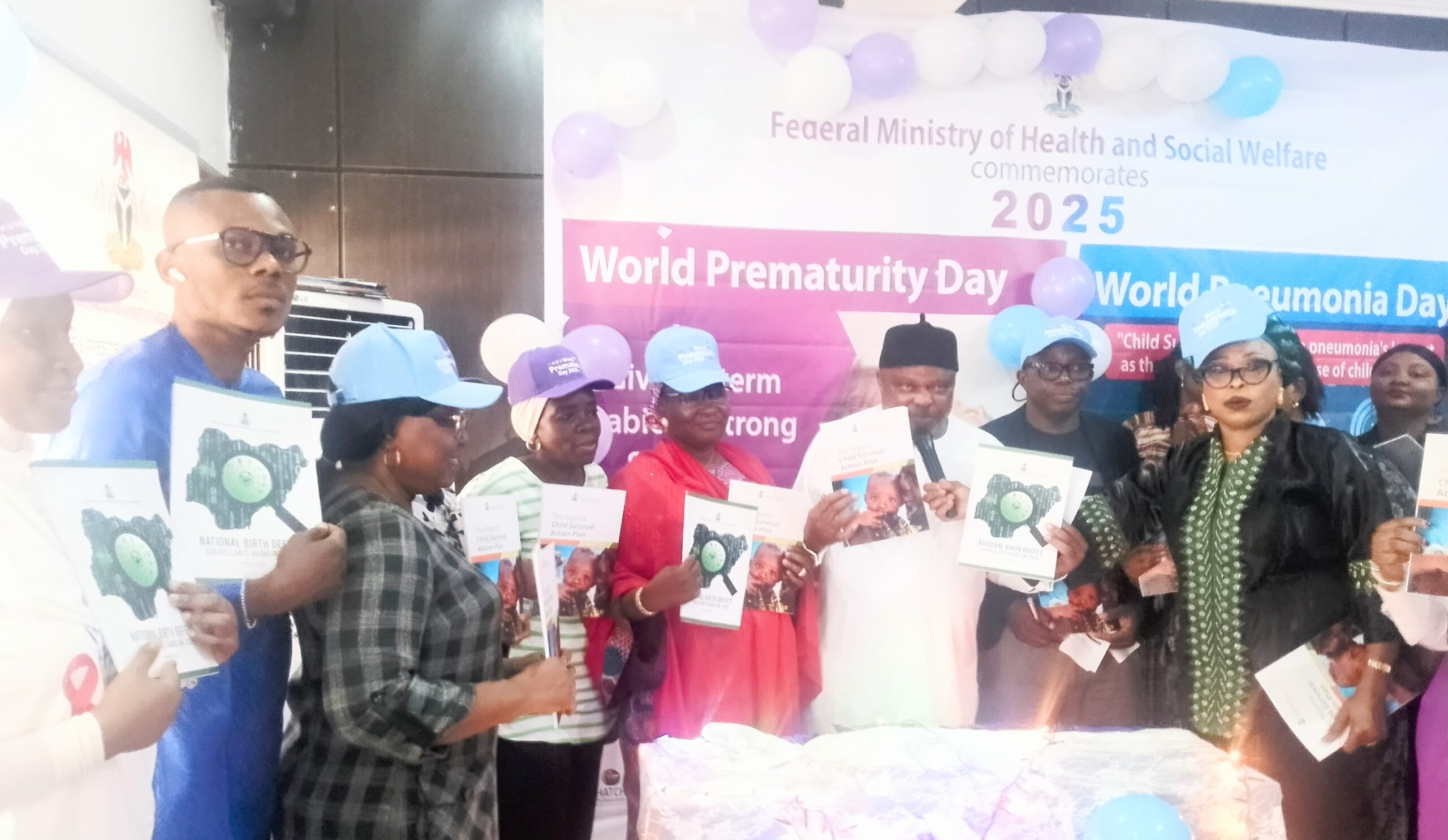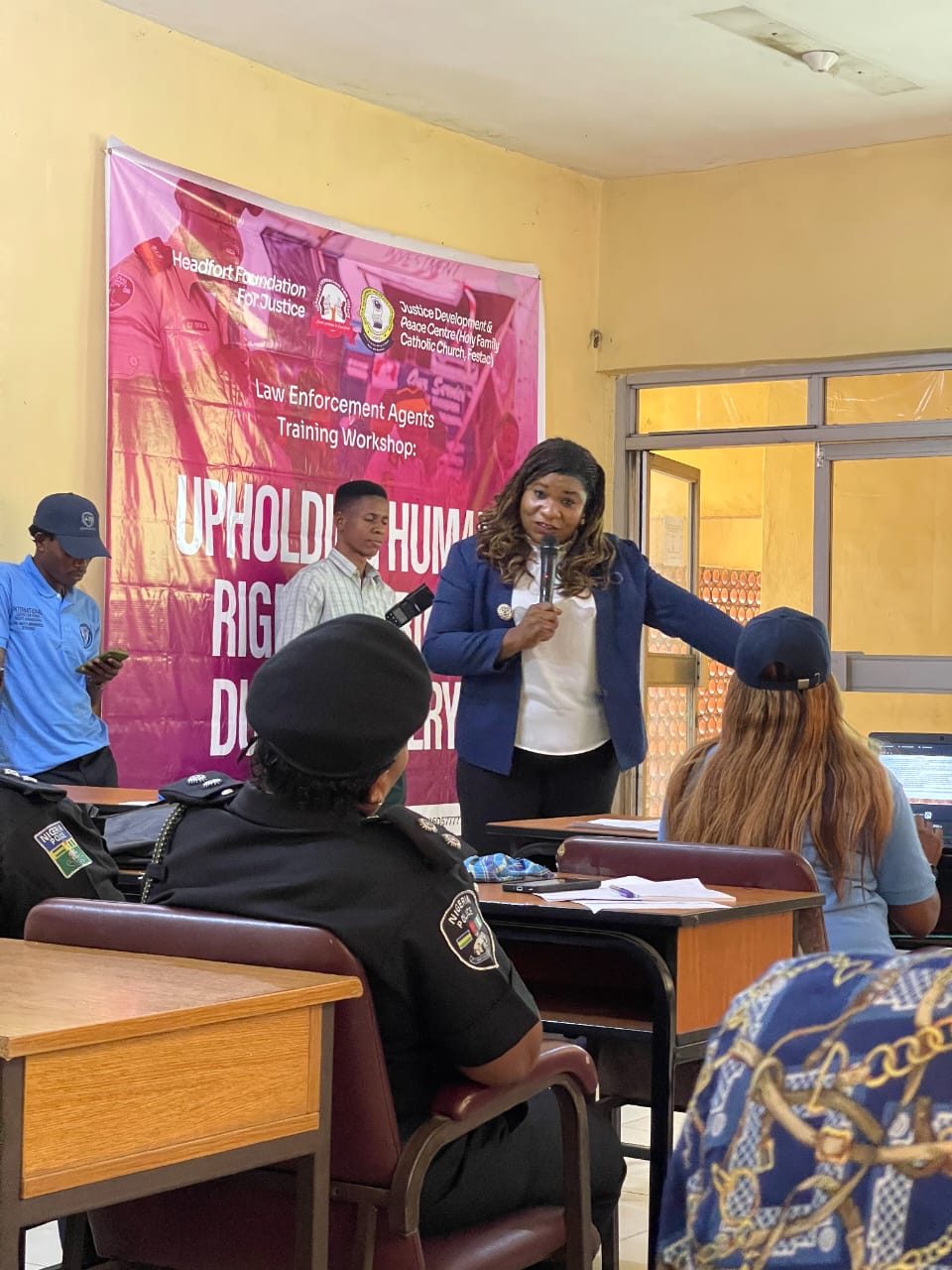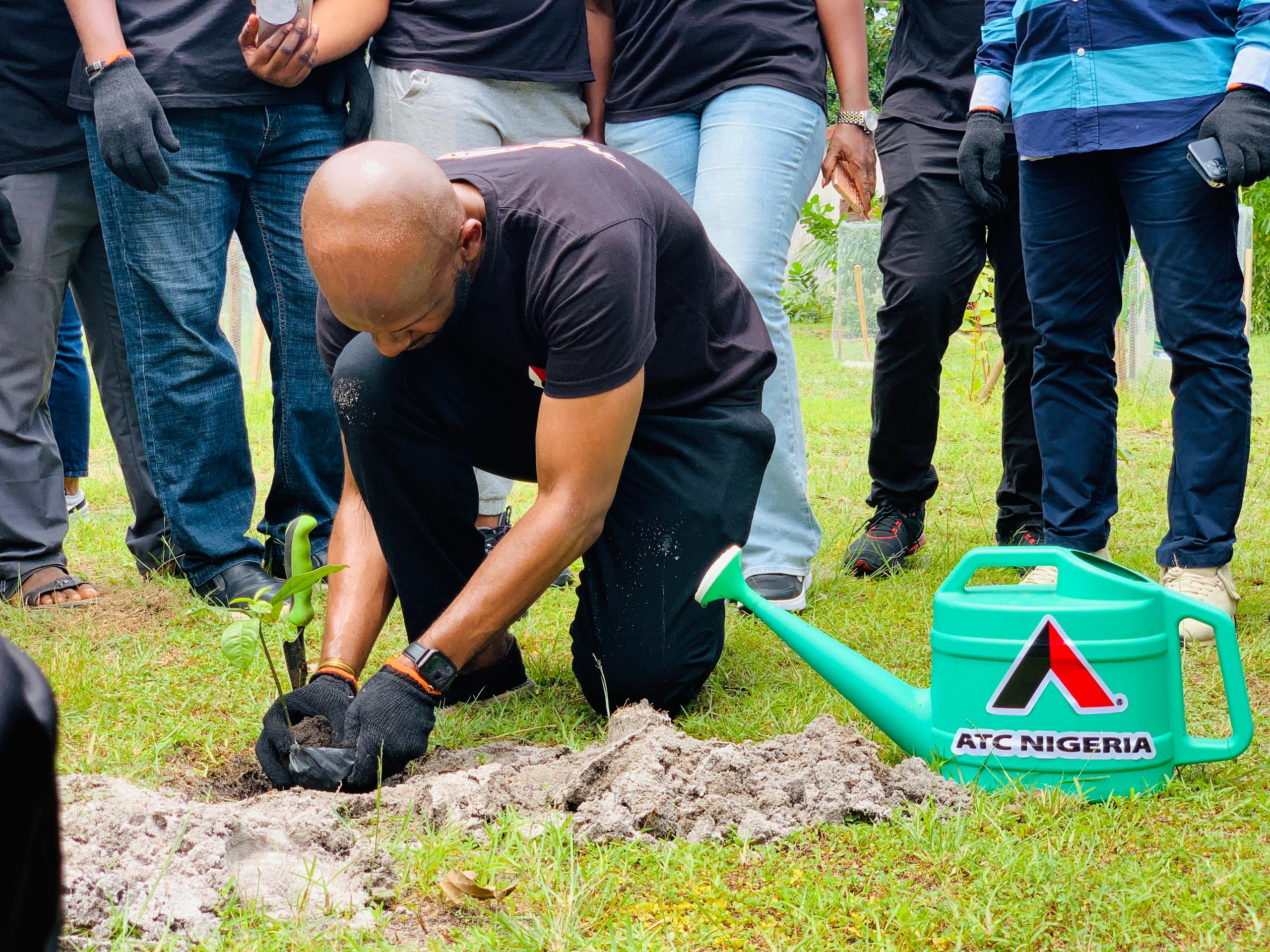
By Fatima Saka
The Federal Government has unveiled two landmark policy documents, the Nigerian Child Survival Action Plan (NCSAP) and the National Birth Defect Surveillance Guideline (NBDSG), as part of renewed national efforts to reduce preventable deaths among newborns and children under five years.
Coordinating Minister of Health and Social Welfare, Professor Muhammad Ali Pate, announced the development on Wednesday in Abuja during a press briefing to commemorate the 2025 World Pneumonia and Prematurity Day. Represented by the Director of Hospital and Health Promotion, Mr. John Urakpa, the Minister said the launch of both documents marks a critical step toward accelerating Nigeria’s progress in achieving the Sustainable Development Goal (SDG) target of reducing under-five mortality to fewer than 25 deaths per 1,000 live births by 2030.
According to him, despite a 45 percent reduction in under-five deaths over the past two decades, from 201 per 1,000 live births in 2000 to 110 in 2023, Nigeria still records about 850,000 preventable child and newborn deaths annually, with pneumonia and prematurity remaining major causes.
“Childhood pneumonia, often termed the ‘forgotten killer’ of under-fives, and prematurity collectively account for hundreds of thousands of deaths yearly. While we have made progress, Nigeria is not yet on track to meet global child survival targets,” Pate stated.
He noted that Nigeria and 14 other countries account for about three-quarters of global childhood pneumonia deaths. Data from the National Demographic and Health Survey (NDHS) 2024 show an under-five mortality rate of 110 per 1,000 live births, largely driven by pneumonia, prematurity, and birth defects.
The Minister explained that the Nigerian Child Survival Action Plan was developed through wide consultation with stakeholders in health, education, nutrition, and child protection sectors to provide a holistic framework for improving survival outcomes. The plan aims to strengthen interventions at primary healthcare levels, enhance data use, and improve access to life-saving services, including oxygen therapy, Kangaroo Mother Care, and early breastfeeding.
On the National Birth Defect Surveillance Guideline, Pate said the document introduces Nigeria’s first standardized national system for collecting and analyzing data on birth defects. The framework will institutionalize hospital-based sentinel surveillance in 12 tertiary facilities across the country to ensure early detection, improved management, and informed policy decisions.
“Birth defects are among the least-recognized but growing causes of neonatal and under-five mortality. The new guideline will provide data that helps us prevent, detect early, and manage such conditions effectively,” he said.
Permanent Secretary of the Ministry, Daju Kachollom mni, represented by Dr. Amina Mohammed, emphasized that the joint commemoration underscores the government’s “unwavering commitment to ensuring that every newborn and child in Nigeria has the opportunity to survive and thrive.”
She added that under the Health Sector Renewal Investment Initiative (HSRII) and the Sector-Wide Approach (SWAp), the government is aligning all actors around a unified results framework focused on coordination, evidence-driven planning, and accountability.
“Behind every statistic is a child, a family, and a community. Our goal is to ensure that no child—regardless of geography or circumstance—is left behind,” she said.
Representatives of development partners, including UNICEF, WHO, USAID, CHAI, Nutrition International, Save the Children, and Miracle Feet — commended the Federal Government for its leadership and reaffirmed their commitment to supporting implementation of the new initiatives.
UNICEF Nigeria’s representative, Dr. Martin Dohlsten, noted that pneumonia and preterm birth remain leading causes of child mortality in the country and called for “sustained advocacy and coordinated action” to ensure every Nigerian child not only survives but thrives.
As the government begins implementing the new plans, Professor Pate urged all stakeholders to act with urgency and unity of purpose.
“There is no room for complacency. We must scale up interventions and ensure that every child in Nigeria, especially the most vulnerable, benefits from these homegrown solutions,” he said.
READ ALSO: FG Unveils Nationwide Dam Rehabilitation, Construction to Boost Food Security, Hydropower in Nigeria
The 2025 World Prematurity Day is themed “Give Preterm Babies a Strong Start for a Brighter Future”, while World Pneumonia Day focuses on “Child Survival: Tackling Pneumonia as the Leading Infectious Cause of Child Death.”
Both observances align with the Federal Government’s broader child health agenda under the Health Sector Renewal Program, aimed at ending preventable maternal and child deaths and building a healthier, more resilient Nigeria.





